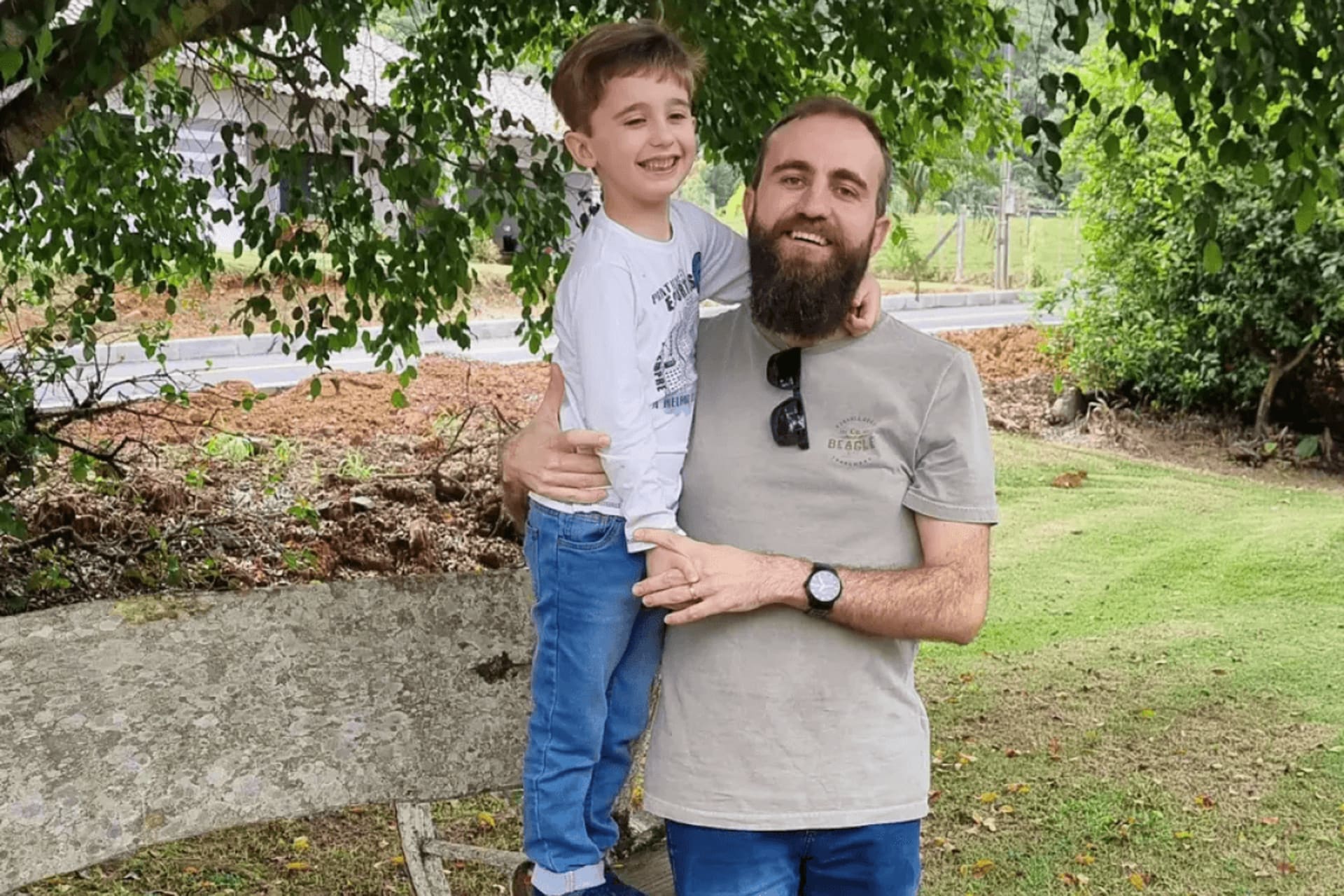By Yuri Bett
My son is six years old. He’s a bright and curious boy, and I enjoy nothing more than spending time with him, reading books, singing songs, and playing games. When he was a toddler, my wife and I were worried about his development, and so we took him to a specialist who confirmed that our son was on the autism spectrum. As you can imagine, this came as a major shock to us, but the more I learned about autism, the more I realized that I, too, was on the spectrum. And both of these realizations made me stop and ask a very pressing question: What kind of a future awaited my son?
To hear the numbers tell it, not a very promising one. According to a recent survey by Britain’s Office for National Statistics, for example, only 22 percent of autistic adults were gainfully employed in any capacity, which translated to a whole cascading set of effects: Three quarters of all autistic adults, for example, lived at home with their parents, compared with only 16 percent of otherwise disabled people, which may help explain why feelings of anxiety and depression were much higher among autistic adults than among the general population.
That’s the bad news. But in my experience, remote work can change all that.
Working for a company that allows me to work remotely, my wife and I have the time, space, and flexibility we require to give our son the attention and care he needs and deserves. And second, more importantly, working remotely gives us a glimpse into a potential future that will celebrate my son and enable him to shine rather than punish him for his disability.
If you spent just one day with my son, here’s what you would notice. You would see, right away, that he struggles with society, and finds the concept of interacting with other people very difficult. Speaking and communicating clearly do not come easily to him, to say nothing of reading the subtle social cues that make up so many interpersonal interactions. Put a person like him in an office environment, where success depends as much on your performance around the water cooler as it does on your actual ability to do your job, and my son isn’t likely to last very long or be very happy.
But if you spent any time with him, you’d also see that the kid—and I don’t think this is just a proud father boasting—is a genius. He learned to read much earlier than most, and is fluent in both English and Portuguese. Show him numbers, sequences, logical patterns, and he shines. He builds elaborate structures with his toys, and, as a software developer, I understand exactly what he’s doing: He’s building the same sort of code with his toys that I do with my algorithms.
My child is hardly alone in fitting this description. Very frequently, autistic people excel at pattern recognition, memory challenges, and math, which makes them very good candidates for the IT industry. They also tend to be incredibly hard working, honest to a fault, very sweet, humble and genuine people. Allow them to do something they love and are good at without having to worry about anything else, and you’ll see employees that are both accomplished and satisfied.
As the entire workforce is grappling with the impact of the so-called Great Resignation, a mass wave of burn-outs and walk-outs, this should come as very good tidings. First, by tapping into the large pool of neurodiverse workers eager to find work, companies stand to gain from having stellar employees who actually love their job. And, as ever, the more diverse perspectives you bring into the workforce, the more likely you are to foster innovation, discover new and thrilling ways of doing things, and grow in ways you can’t even imagine.
But that’s not going to happen without some changes. I look at my son, and know that one day he can be a superstar at an IT company. But he’ll never get a job if he has to come in and interview in the traditional way: one-on-one conversations with strangers terrify him, and he may not be able to read some of the social cues that people who aren’t on the spectrum take for granted. So I wish that employers serious about advancing people with autism would reconsider the way they screen candidates. Thankfully, several tech innovators are working to correct this, including by using AI to help find talented people based solely on the skills they would need to do their jobs.
I also think about what life might be like for my son once he’s hired, and hope that his employer makes an effort to create a work environment that is conducive to helping him shine and giving him the resources to cope with the unavoidable aspects of work he’ll find more difficult.
Companies benefit from a truly great and truly diverse and truly committed workforce; individuals benefit from having a well-paying job they love; and the marketplace benefits from new innovations courtesy of brilliant minds that see the world a little bit differently.
All we have to do is realize that people like my son are a major asset, not a liability.
* * *
Yuri Bett is a Senior R&D Engineer with BairesDev, one of the fastest-growing software outsourcing companies in the world.







